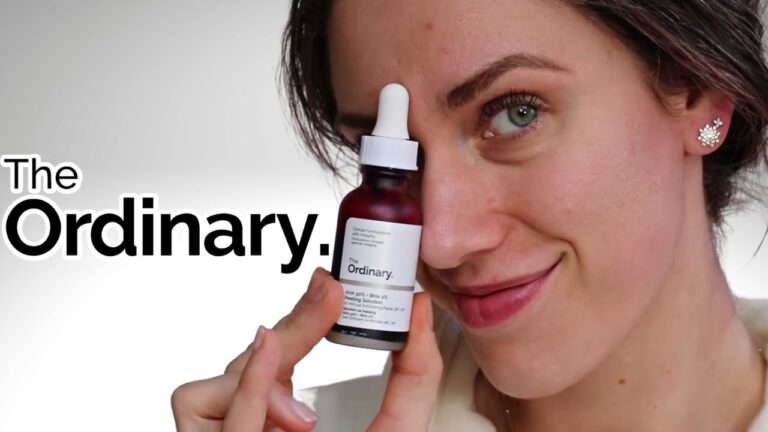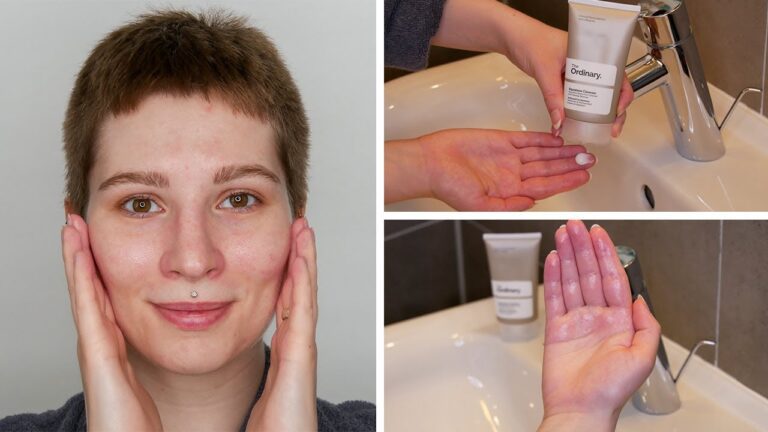Unlocking the Potential: Niacinamide as a Game-Changer for Acne Treatment
Niacinamide, a form of vitamin B3, is believed to help improve skin texture, diminish blemishes, and enhance overall skin health. Specifically, niacinamide has gained popularity due to its purported benefits in treating acne-prone skin. Today, we will dig deep and explore the question: is niacinamide good for acne?
Acne is a common skin disorder that affects millions of people around the world. Acne breakouts can occur due to various factors, such as hormonal imbalances, excessive oil production, and bacteria on the skin. While acne is a complex condition that requires a holistic approach, topical treatments can help to clear the skin and prevent further breakouts.
When it comes to treating acne-prone skin, niacinamide may be a beneficial ingredient. According to a few studies, niacinamide has anti-inflammatory properties that can help to reduce the redness and swelling associated with acne. Additionally, this vitamin B3 derivative is often used in skincare products due to its ability to regulate sebum production and minimize pore size.
One study found that a 4% niacinamide gel performed similarly to 1% clindamycin gel in reducing acne lesions, indicating that niacinamide could be a viable alternative for those who are looking for a more natural and gentle treatment. Furthermore, niacinamide is generally well-tolerated and is unlikely to cause skin irritation, making it a suitable option for people with sensitive skin.
Aside from its potential acne-fighting benefits, niacinamide is also known for its ability to improve skin texture and boost radiance. This vitamin can help to strengthen the skin’s protective barrier, prevent moisture loss, and improve the overall tone of the skin.
If you’re looking to incorporate niacinamide into your skincare routine, there are various products available on the market. Some popular niacinamide-based products include The Ordinary’s Niacinamide 10% + Zinc 1%, COSRX’s Galactomyces 95 Tone Balancing Essence, and Peach & Lily’s Glass Skin Refining Serum.
In conclusion, niacinamide can be a beneficial ingredient for managing acne-prone skin. However, it’s important to note that skincare is a very individualized process, and what works for one person may not work for another. If you’re considering adding niacinamide to your routine, it’s always recommended to patch test first and gradually introduce the product to your skin.
Most searched products:
Does Sephora Support Israel? Answering Your Questions
The Ultimate Guide to Azealic Acid: Benefits, Uses, and Side Effects
Discover the Benefits of The Ordinary Botox for Your Skin
How Long Does Glycolic Acid Take to Show Results: Your Ultimate Guide
The Ultimate Reviews of The Ordinary Peeling Solution
The Perfect Order: When to Use Retinol and Niacinamide in Your Skincare Routine
The Ultimate Guide to The Ordinary Colours Foundation: Reviews, Swatches, and Tips
All You Need to Know: Lactic Acid Uses and Benefits
Unlock Smooth and Supple Skin: Discover the Best Skincare Products for Skin Suppleness
Find Your Perfect Skin Mate: Tips and Tricks for Flawless Skin












